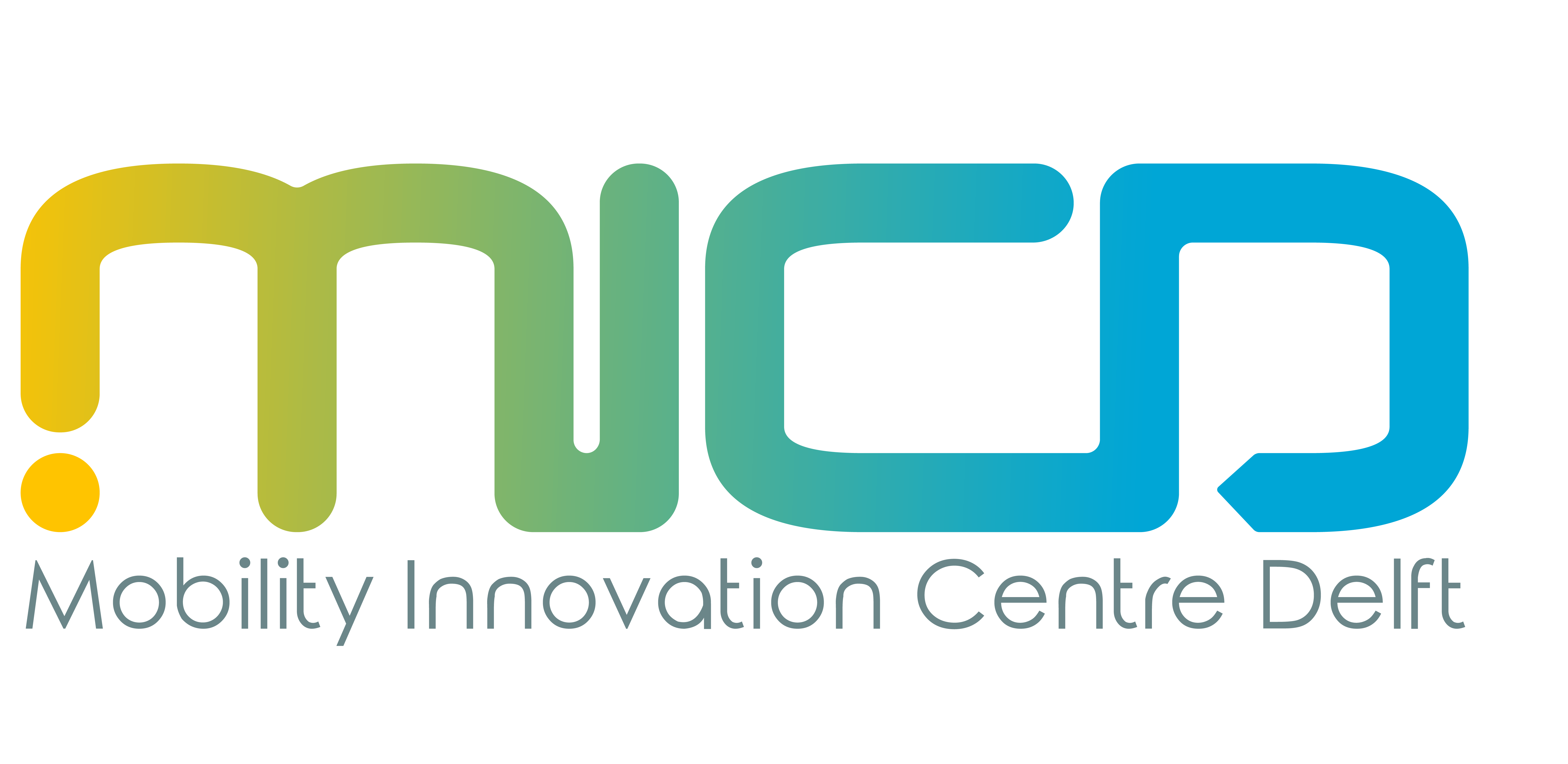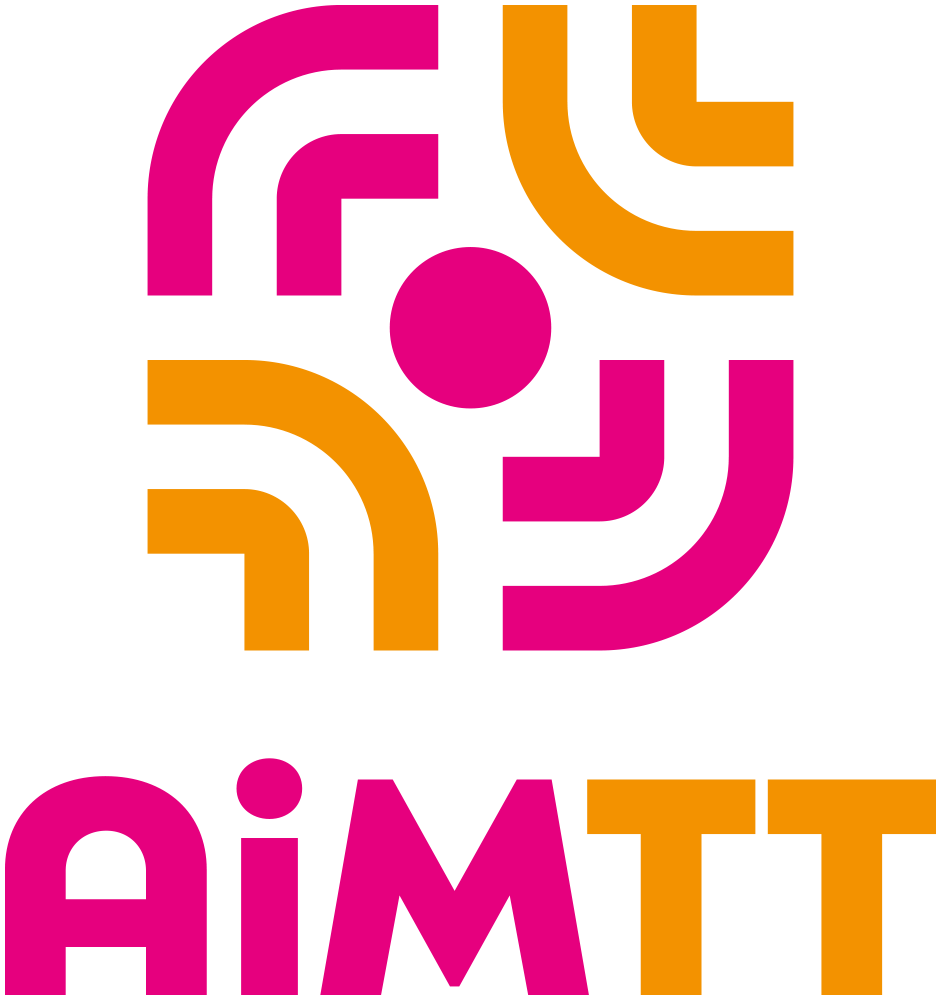AiMTT aims to cultivate a highly skilled and diverse AI talent pool equipped to address the opportunities and challenges of AI in mobility, transport, and logistics. By combining real-world case studies with knowledge development, MICD and the more than twenty other AiMTT partners foster deep expertise in the field.
Duration
2024 – 2027Partners (TU Delft)
Faculty CEG – Department Transport & PlanningPartners (other)
Please see below
Mobility, transport, and logistics face a multitude of challenges: traffic congestion, livability concerns, conflicts between user, operator, and public interests, space constraints, and safety risks during large-scale events. These challenges are further complicated by their deep interconnections, making them particularly
Given these advantages, leveraging AI to address mobility challenges is a logical next step. Through AiMTT, we embrace a “learning by doing” approach to develop responsible, AI-driven solutions.
Vision and ambition
AiMTT stands for AI Learning Initiative for Multi-modal Traffic and Transportation. It operates under the umbrella of AIC4NL, an organization dedicated to the responsible development and application of AI in the Netherlands. Ensuring responsible AI development is essential, as concerns about fairness, inclusivity, privacy, and human oversight continue to grow. Will AI-generated outcomes be equitable? Can privacy be safeguarded? How do we ensure that humans remain in control?
AiMTT aims to address these critical questions by fostering a collaborative learning community that brings together experts from academia, industry, and government. Project partners will build, test, and refine AI applications, with ethical considerations—such as fairness, privacy, and human autonomy—at the forefront.
Learning process
AiMTT’s approach is grounded in practical application. AI solutions will be developed through seven real-world use cases, each designed to create tangible tools that can be directly implemented. Equally important is the learning process itself: identifying best practices, analyzing challenges, and refining AI applications based on real-world insights.
To support this, the project will offer workshops, training programs, and co-creation sessions—ensuring continuous knowledge exchange and improvement.

